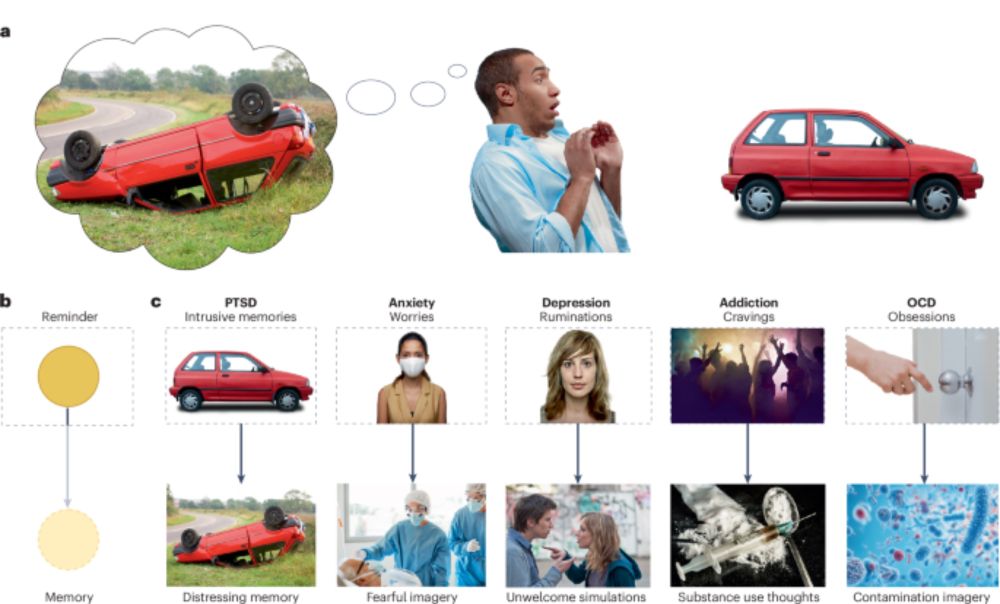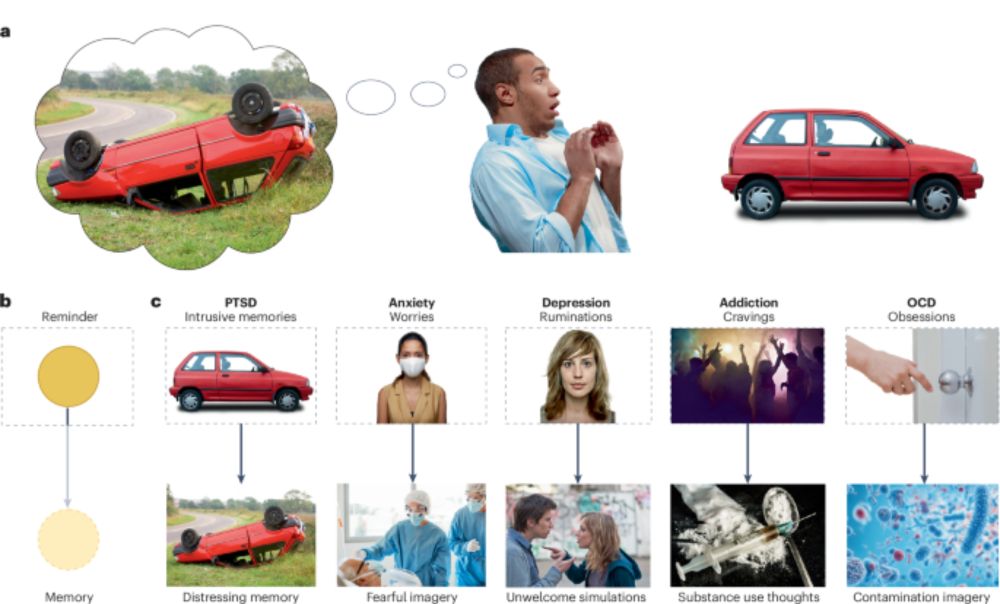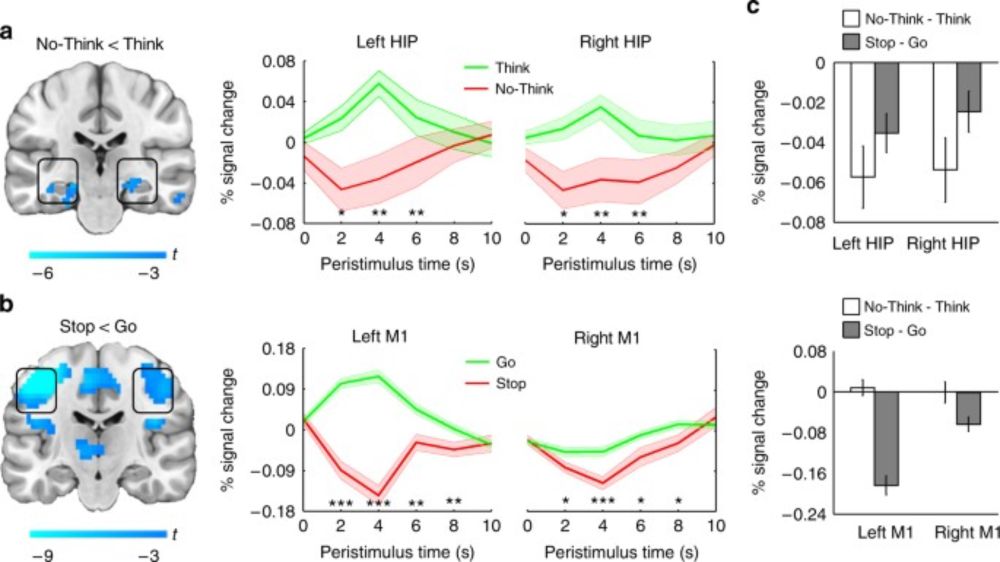
Review paper arguing that the #brain has a built-in mental brake that stops unwanted thoughts. Via a fronto-temporal pathway, it relies on GABA to calm mental loops. Weak brakes may underlie #PTSD, #OCD, anxiety, and #depression www.nature.com/articles/s41...
14.10.2025 14:18 — 👍 9 🔁 1 💬 1 📌 0
I've been waiting for this paper to drop for some time! I'm super glad to see it finally appear! Congratulations Mick! Looking forward to the final version.
15.10.2025 16:12 — 👍 2 🔁 0 💬 1 📌 0
Blimey!
10.09.2025 08:11 — 👍 1 🔁 0 💬 0 📌 0
thanks...i can see it now. But still can't save a pdf on my machine....it's restricted.
30.07.2025 18:42 — 👍 0 🔁 0 💬 1 📌 0
Sadly, I am blocked by a Paywall...I guess the University of Cambridge doesn't get this journal? Any other way I can get it?
30.07.2025 17:13 — 👍 0 🔁 0 💬 1 📌 0
Thanks for sending this!
03.07.2025 15:42 — 👍 1 🔁 0 💬 1 📌 0
This sounds interesting. I look forward to seeing your paper. Do you have any papers on the grid world approach you are taking (sorry if I should know about this). Demonstrating the consequences of intrusive thinking computationally is important and useful, and I know of no other similar work.
03.07.2025 14:36 — 👍 1 🔁 0 💬 1 📌 0
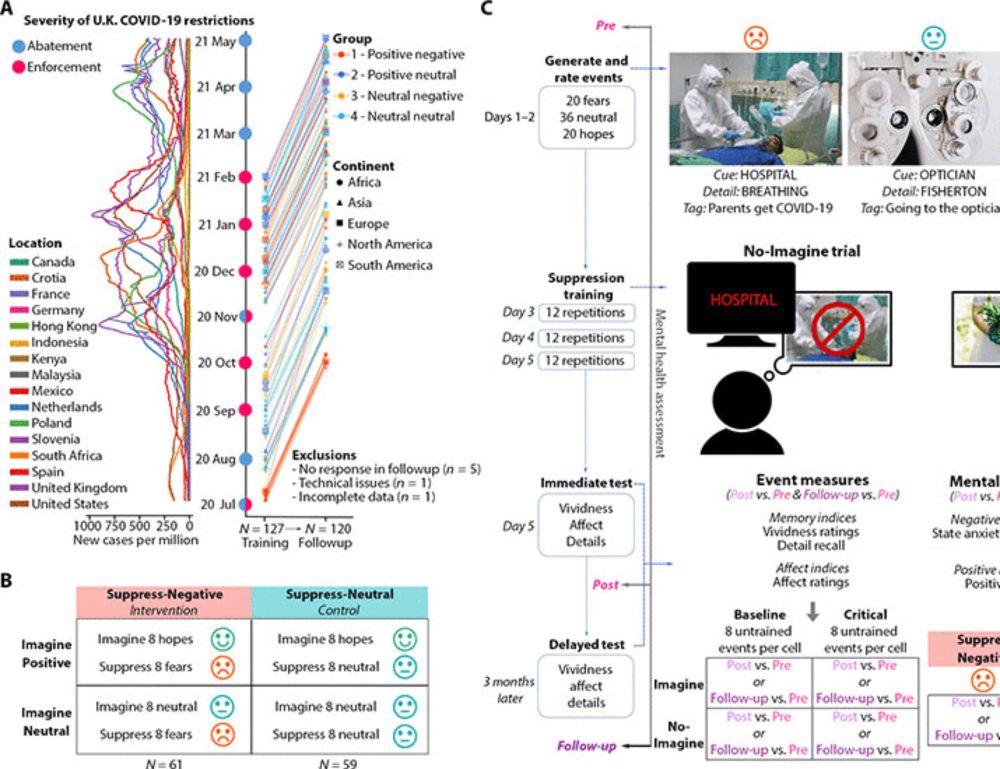
Improving mental health by training the suppression of unwanted thoughts
Training people to suppress fearful thoughts improved mental health, especially for those with anxiety and post-traumatic stress.
You raise a fair point which the data cannot address. Overall perf. levels on recall were similar across groups, but episodic memory ability need not equate to cognitive control ability. Causal manipulations of control training needed. Only thing that comes close is www.science.org/doi/full/10....
03.07.2025 13:48 — 👍 2 🔁 0 💬 1 📌 0
Incidentally, college students with a greater childhood history of traumatic experiences show greater suppression-induced forgetting than those who have no such history, according to Justin Hulbert & Mike Anderson (see our JEP G paper from 2018 or so).
03.07.2025 13:09 — 👍 3 🔁 0 💬 1 📌 0
Can you explain what you mean by "did better"? And regarding the latter point, do you mean that replaying negative events essentially provides an opportunity to learn control behaviours? (not quite sure what you meant).
03.07.2025 13:07 — 👍 0 🔁 0 💬 1 📌 0
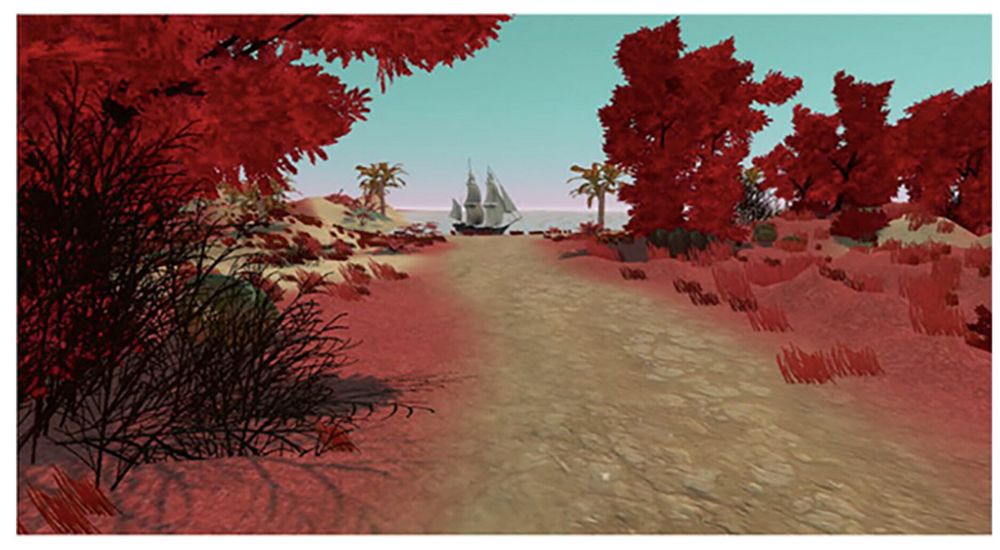
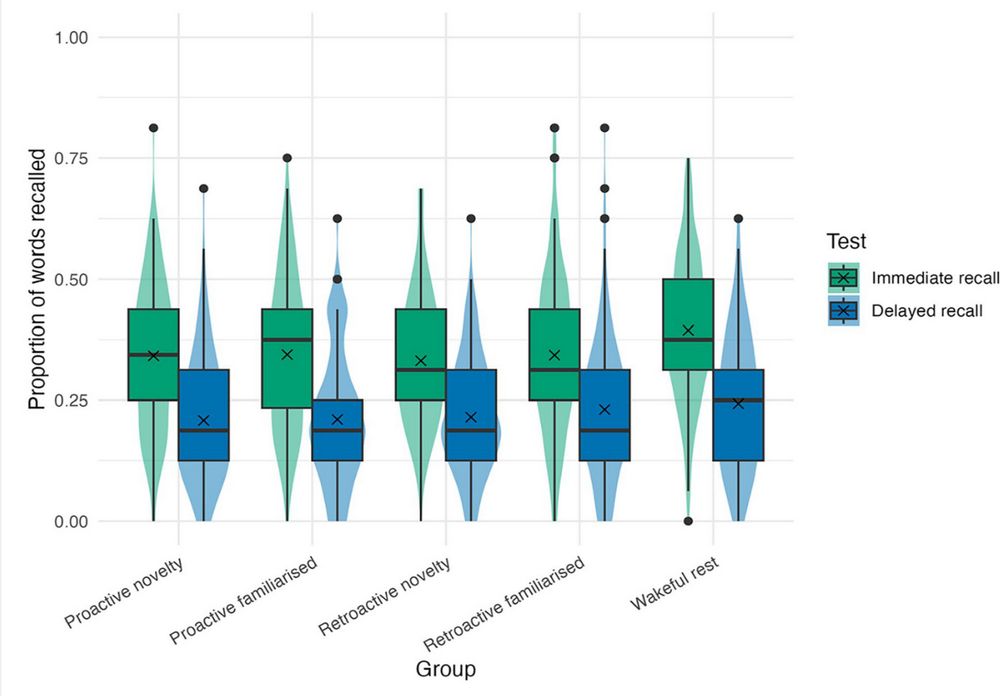
Amazing #RegisteredReport led by Sumaiyah Raza from @mrccbu.bsky.social.
We (again) found evidence against a memory benefit of spatial novelty. However, this time we did find a retroactive benefit of rest, which highlights that more work is needed here.
journals.sagepub.com/doi/full/10....
01.07.2025 02:17 — 👍 9 🔁 7 💬 1 📌 0
To my complete surprise, our Nature Reviews Neuroscience review on the Brain Mechanisms Underlying the Inhibitory Control of Thought has landed on the cover! Cover art below! For an "explainer thread", see earlier tweet. bsky.app/profile/memo...
@mrccbu.bsky.social
#neuroskyence #memory #ptsd
24.06.2025 12:26 — 👍 40 🔁 9 💬 3 📌 0
This looks shockingly useful. Thanks, on behalf of the field!!
28.05.2025 11:26 — 👍 3 🔁 1 💬 0 📌 0
We hope that our integrative review of retrieval stopping will lay the groundwork for further advances in addressing the distress of intrusive thinking.
20.05.2025 09:36 — 👍 6 🔁 0 💬 0 📌 0
Intrusive Thinking - ESForum
The participants produced an important volume on this subject that lays out the mission of addressing intrusive thoughts and its importance, from diverse perspetives.
esforum.de/publications...
20.05.2025 09:36 — 👍 4 🔁 1 💬 1 📌 0
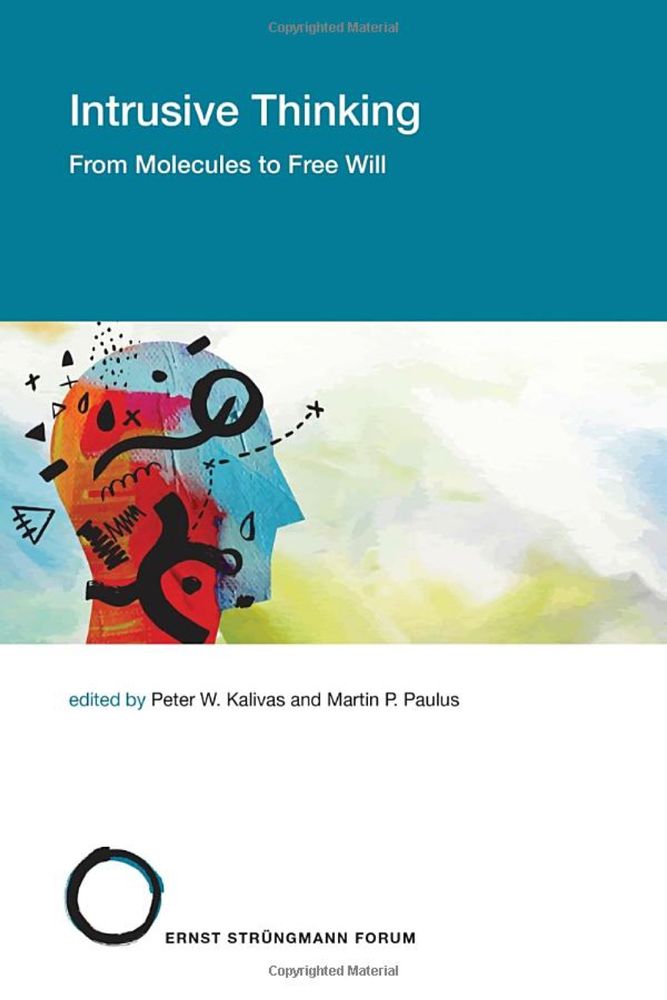
Addressing intrusive thinking is a vital mission in clinical neuroscience and psychiatry. Several years ago, 40 scientists from around the world gathered in an Ernst Strugman forum on Intrusive thinking, organised by Peter Kalivas and
@mpwpaulus.bsky.social and facilitated by Julia Lupp.
20.05.2025 09:36 — 👍 2 🔁 0 💬 1 📌 0
Research on inhibitory control over memory provides a rich neurocognitive framework through which to understand disordered thought control.More broadly, it complements response inhibition as a tool for understanding the control of action and thought.
20.05.2025 09:36 — 👍 1 🔁 0 💬 1 📌 0
Fundamentally, if neuroscience is going to inform how unwanted thoughts are controlled by the brain and address central features of psychiatric disorders, a theoretically valid construct and set of tools for measuring that construct are needed.
20.05.2025 09:36 — 👍 1 🔁 0 💬 1 📌 0
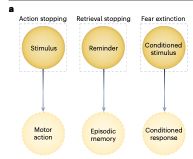
We also discuss the idea that affective stopping engages the same domain general prefrontal components as retrieval stopping, providing an account of fear extinction's benefits. @stevemaren.bsky.social en.bsky.social �� joeydunsmoor.bsky.sococial @thephelpslab.bsky.social
20.05.2025 09:36 — 👍 1 🔁 0 💬 1 📌 0
Home | LIR Mainz - Leibniz-Institut für Resilienzforschung
These benefits of thought suppression contradict clinical wisdom about the inadvisability of thought suppression. Yet, they are consistent with the (also popular) notion that inhibitory control is fundamental to coping with perseverative thoughts and with resilience broadly. lir-mainz.de/en/home
20.05.2025 09:36 — 👍 2 🔁 0 💬 1 📌 0

Improving mental health by training the suppression of unwanted thoughts
Training people to suppress fearful thoughts improved mental health, especially for those with anxiety and post-traumatic stress.
Critically, we review evidence that retrieval stopping of unwanted thoughts plays an important role in attenuating affective responding to suppressed content, and also that training people to suppress fearful thoughts improves their mental health. www.science.org/doi/10.1126/...
20.05.2025 09:36 — 👍 3 🔁 0 💬 1 📌 0
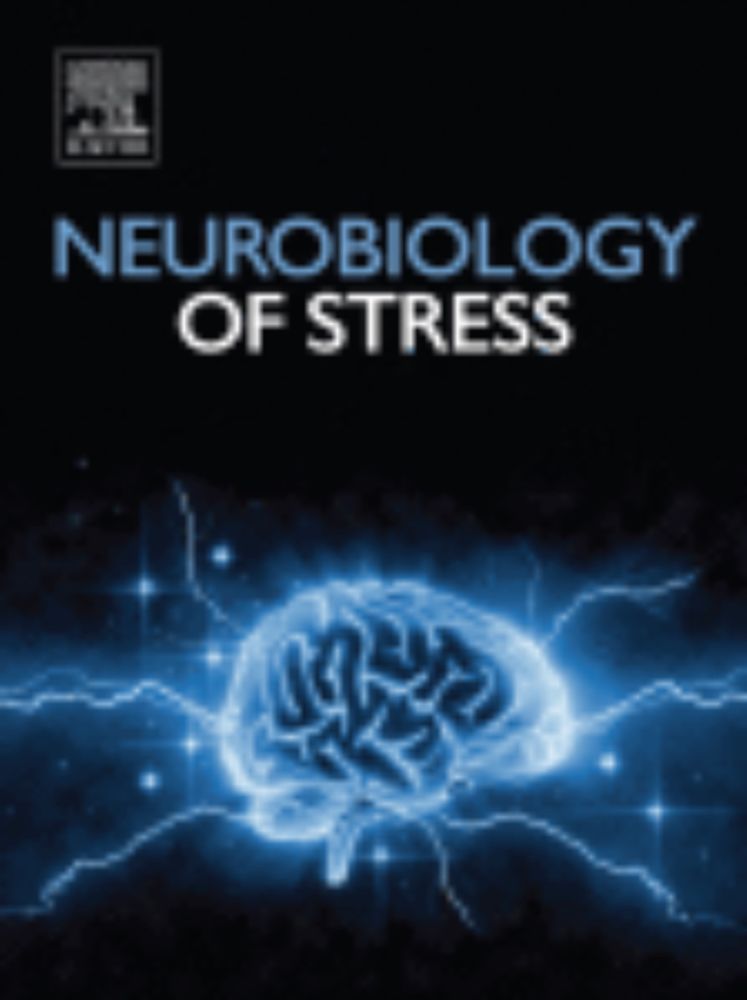
Variations in response to trauma and hippocampal subfield changes
Models of posttraumatic stress disorder (PTSD) suggest that the hippocampus is key to the persistence of traumatic memory. Yet very little is known ab…
In another example, hippocampal subfield CA1 volume predicts prefrontal suppression of hippocampal activity during intrusions in a retrieval stopping task, and CA1 volume reduction also predicts intrusive symptoms in people with PTSD. www.sciencedirect.com/science/arti...
20.05.2025 09:36 — 👍 2 🔁 0 💬 1 📌 0
To capture this fundamental difference, we introduce the concept of a FRONTO-TEMPORAL INHIBITORY CONTROL PATHWAY to capture what is distinct about mental control. This pathway has unique parameters that dictate thought stopping success that are not captured by response inhibition.
20.05.2025 09:36 — 👍 1 🔁 0 💬 1 📌 0
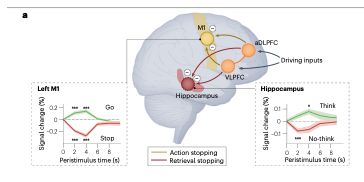
Our article integrates 25 years worth of research on the cognitive and brain mechanisms underlying retrieval stoppping. Retrieval stopping shares prefrontal and striatal components with action stopping, but instead modulates hippocampal and cortical regions that represent thoughts.
20.05.2025 09:36 — 👍 1 🔁 0 💬 1 📌 0
Prof.@AGH_Krakow. Intersecting #neuroscience/#AI and #impact #social development.
#innovation #globalhealth All links: http://linktr.ee/alecrimi
Assistant Professor of Psychology at Anatolia American University
Led by @suttonprofessor.bsky.social and Deputy Director Professor Paula Reavey, the Centre @stir.ac.uk is a dynamic, collaborative, interdisciplinary research project advancing knowledge in relations between place and memory - placememory.net
Director, Centre for the Sciences of Place & Memory, Stirling Uni, Scotland. Skill, memory, embodied cognition, philosophy, cognitive history, cricket, music, collaboration, wayfinding. Leverhulme International Prof: johnsutton.net & placememory.net
The Department of Imaging Neuroscience, home of the Functional Imaging Laboratory (The FIL), is part of the Institute of Neurology, UCL
Building AI products that help us grow.
Unit @OISTedu in Okinawa investigating how embodied, social & tech-mediated interaction shapes cognition using haptics, hyperscanning and artificial life
Currently working in #Shanghai | PhD from MRC-CBU/Cambridge Uni | Gates Cambridge | interested in neuroscience of memory | you can call me Alex
Building personalized Bluesky feeds for academics! Pin Paper Skygest, which serves posts about papers from accounts you're following: https://bsky.app/profile/paper-feed.bsky.social/feed/preprintdigest. By @sjgreenwood.bsky.social and @nkgarg.bsky.social
Epidemiologist. Research Fellow. Doctor of Spreadsheets. Writer (Slate, TIME, Guardian, etc). PhD, MPH. Host of senscipod Email gidmk.healthnerd@gmail.com he/him. Find my writing on Substack and Medium.
Neuroscience,Insular cortex
I do not reply to direct messages
Twitter @leafs_s
mastdon @leafs_s@mstdn.science
Nature Reviews Neuroscience features reviews, perspective articles and the latest research news.
https://www.nature.com/nrn/
Associate Professor at Memorial University of Newfoundland specializing in forgetting, distinctive encoding, eyewitness memory, meta-analysis, and general academic survival.
PhD Student at MRC CBU, University of Cambridge | Research Interests: Memory Control, Emotion Regulation, Reward Decision-Making, Mental Health
Professor of Neuroscience and Mental Health, UCL Institute of Cognitive Neuroscience
Cognitive neuroscientist (Assistant Professor at NYU), human episodic memory, M/EEG, ECoG, and behavior. How do we reinstate temporally dynamic, information-rich memories?
Member of the Cognitive Control Collaborative at The University of Iowa
https://kaihwang.github.io/
https://letterboxd.com/kaihwang12/
Passionate about science, family, endless forms most beautiful...and Swiss chocolate. Author of WOMEN IN SCIENCE NOW



